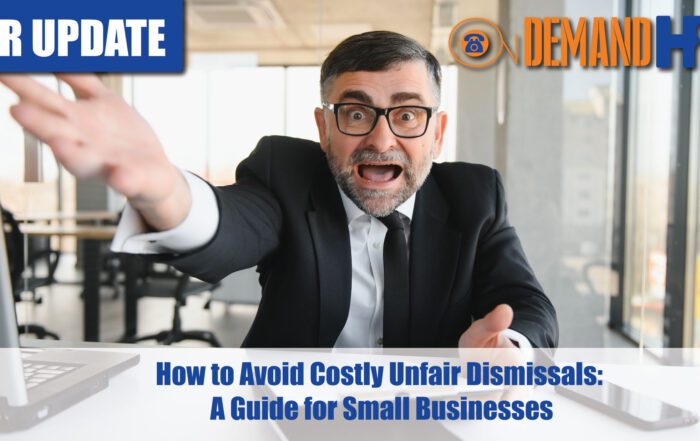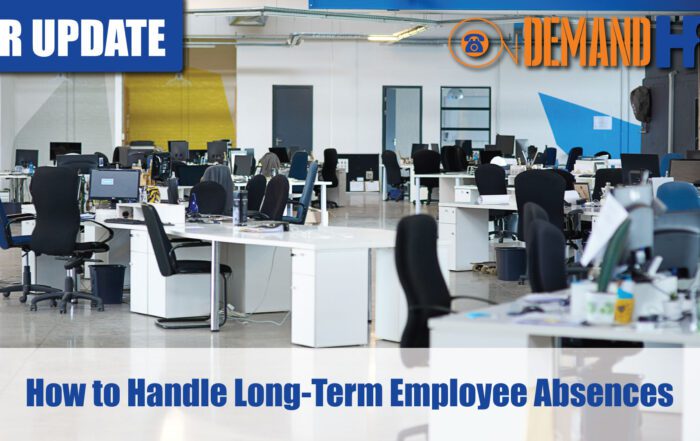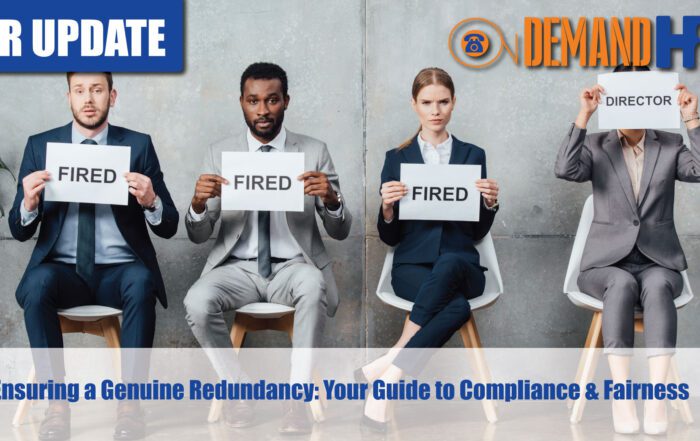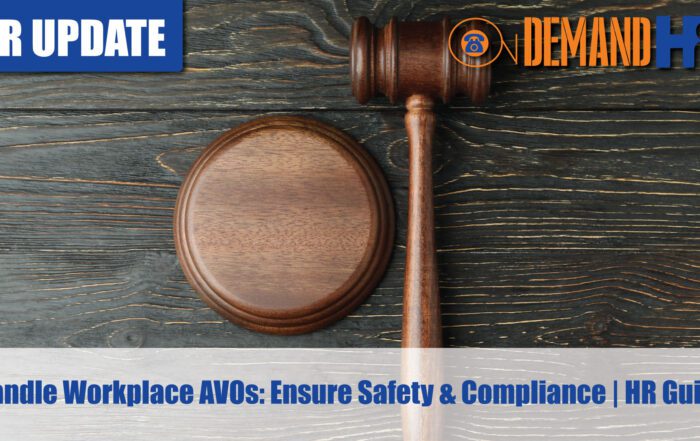Labor 2022 Election Workplace Policies – Casual Workers
Labor has indicated that they have 4 key Workplace Relations policies it is looking to take to the May election and today we are going to cover their policy on Casual Workers.
Please see below for a full transcript of this video
Share the HR or workplace relations challenge facing your business and one of our experienced consultants will be in touch within 24 hours with a strategic action plan or discover the best strategy yourself by accessing out free online training library.
Transcript
With the Federal Election coming up in May we wanted to take a look at some of the prospective Workplace Relations changes that are on the cards and offer some insights around the practical challenges they may have on the ground in your business. To keep these videos shorter we have broken this series up into the various political parties and today we will focus on the Workplace Relations policies that we understand that labor is taking to the election.
If you would like to see the breakdown of the Workplace Relation policies of the other major parties, please visit ondemandhr.com.au where you will be able to find them as soon as they are released.
Labor has indicated that they have 4 key Workplace Relations policies it is looking to take to the May election and today we are going to cover their policy on Casual Workers.
The current Federal Liberal government recently made some changes to the Fair Work Act to firm up the definition of a casual employee to be a situation where a worker has ‘no firm advance commitment to ongoing work with an agreed pattern of work’. This was in response to a couple of decisions in the Federal court of Workpac vs Roseate and Workpac vs Skene where under extreme circumstances employees who were contractually engaged as casual employees were found to be full time employees and the business ordered to backpay entitlements.
The legislation was updated in an effort to provide certainty to businesses who engage casual employees as previously the definition of casual employment was covered by common law and there was fears that these decisions would create precedents which would make employers hesitant to engage casual employees.
As part of their policy mix heading into the 2022 federal election, Labor is signalling their intention to roll back the current definition of casual employment of where a worker has “no firm advance commitment” and introduce a much more empirical and evidence based definition based on the number of regular shifts worked over a period of time. They justify their position by arguing that this change will result in more employees being engaged on a full time or part time basis. They further suggest that if the amount of casual employees are reduced, this would increase their bargaining power as they would be more likely to ask for pay rises without the fear of simply not being rostered on.
From an On Demand HR perspective, based on our experience we do not think that this policy as we understand it will have the desired effect. The reason for this perspective is based on our practical on the ground experience across many industries offering casual employees conversion to part time or full time employment. The reality is that we can count on one hand the number of employees who have actually taken up the offer to convert. The feedback that we have constantly received is that as soon as the employee understands that they will need to forego the 25% loading in order to become a full time or part time employee, they decide for themselves that they are better off remaining a casual employee.
For employers, it is important to remember that when converting a casual employee, you do not have to do this on the same rate including the loading as the 25% loading provided for under most Modern Awards is designed to offset other entitlements such as annual and personal leave.
It has long been a key assumption by the Labor party that all casual employees want to convert to full or part time employment. Our practical experience over the last 12 years servicing over 400 diverse businesses is that this is simply not the case.
We would be interested to hear your thoughts regardless if you are liberal labor or other, an employer or employee. We all deserve a voice and the ability to make informed decisions.






